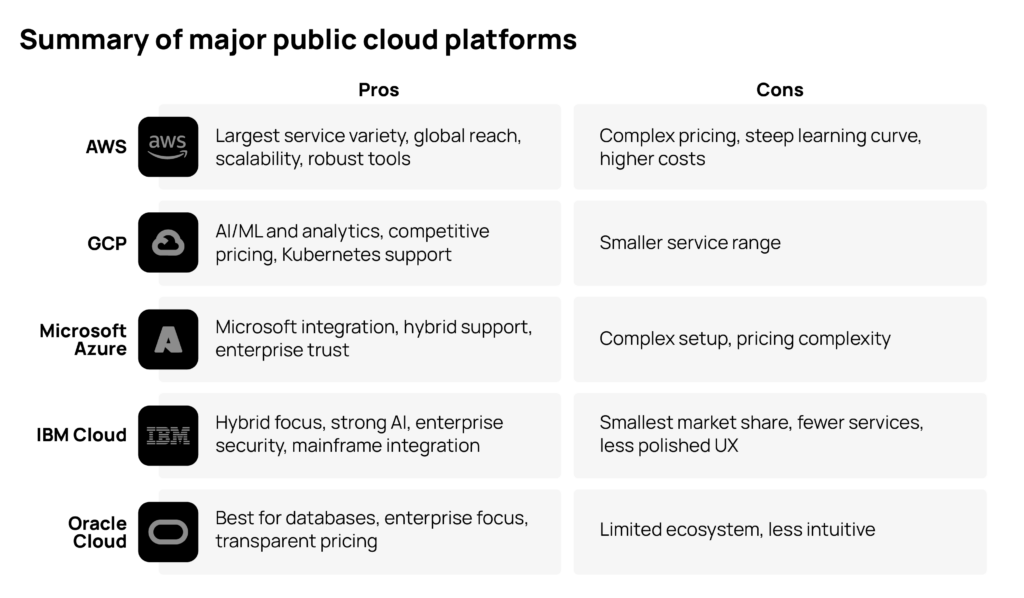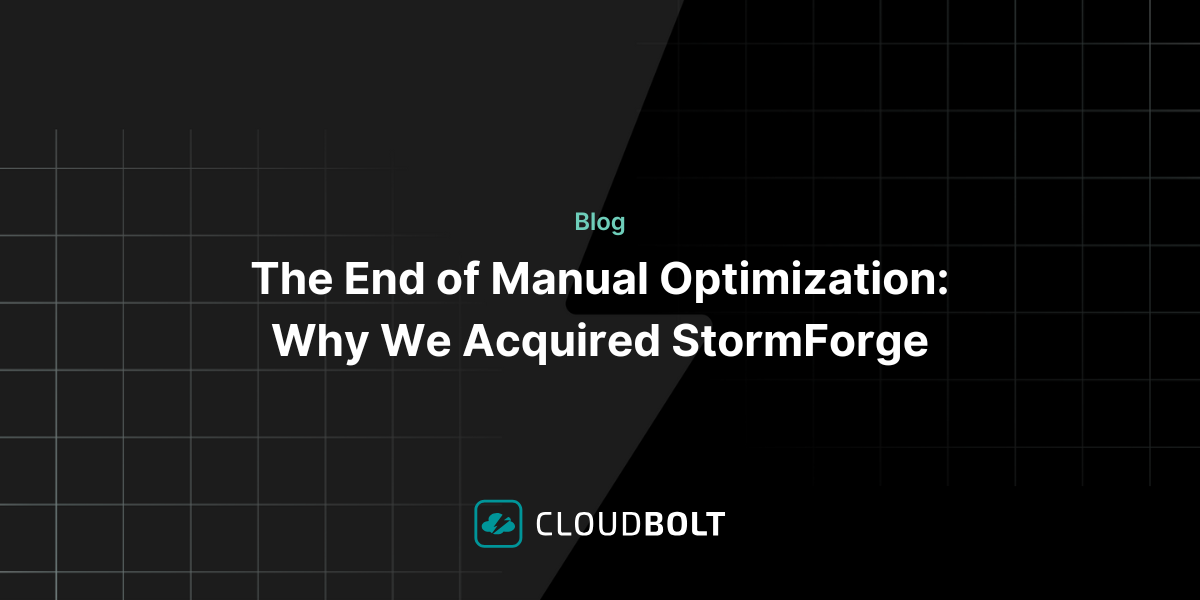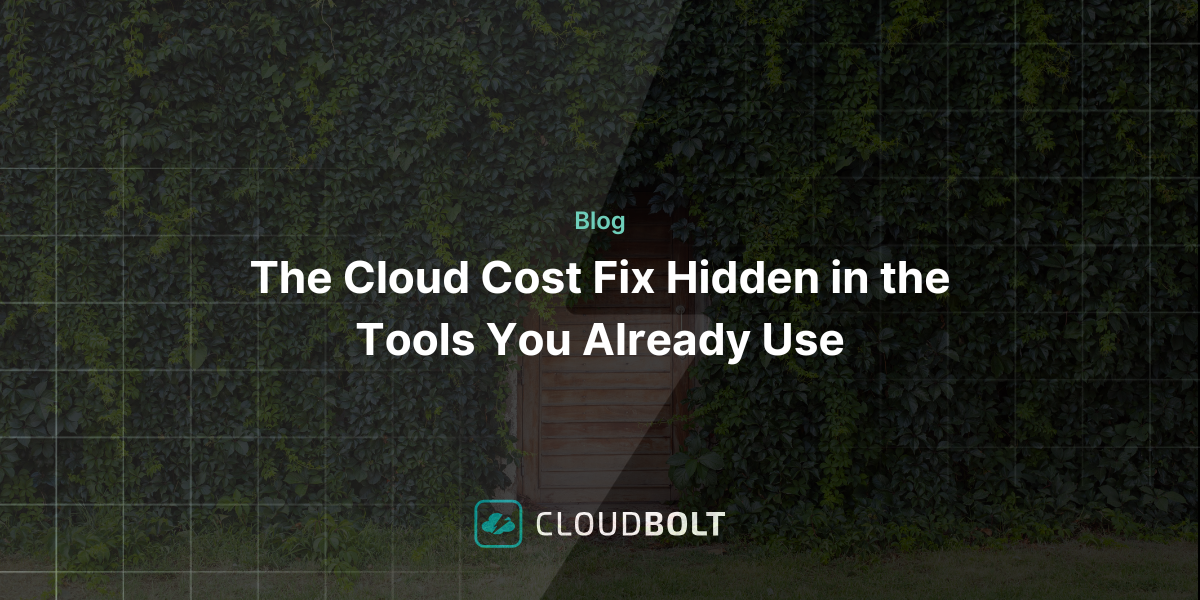What Is A Cloud Platform?
What is a cloud platform? A cloud platform refers to the operating system and hardware of a server in an Internet-based data center. It allows software and hardware products to co-exist remotely and at scale.
So, how do cloud platforms work? Enterprises rent access to compute services, such as servers, databases, storage, analytics, networking, software, and intelligence. Therefore, the enterprises don’t have to set up and own data centers or computing infrastructure. They simply pay for what they use.

Types of Cloud Platforms
There are several types of cloud platforms. Not a single one works for everyone. There are several models, types, and services available to help meet the varying needs of users. They include:
- Public Cloud: Public cloud platforms are third-party providers that deliver computing resources over the Internet. Examples include Amazon Web Services (AWS), Google Cloud Platform, Alibaba, Microsoft Azure, and IBM Bluemix.
- Private Cloud: A private cloud platform is exclusive to a single organization. It’s usually in an on-site data center or hosted by a third-party service provider.
- Hybrid Cloud: This is a combination of public and private cloud platforms. Data and applications move seamlessly between the two. This gives the organization greater flexibility and helps optimize infrastructure, security, and compliance.
A cloud platform allows organizations to create cloud-native applications, test and build applications, and store, back up, and recover data. It also allows organizations to analyze data. Organizations can also stream video and audio, embed intelligence into their operations, and deliver software on-demand on a global scale.
Choosing a Public Cloud Platform
Since public cloud is utilizing the services and resources provided by an already existing third party, it’s often the best choice for new or relatively young companies that need to get up and running quickly without too much upfront costs or setting up. It also provides other benefits like advanced tooling, high availability, and scalability-on-demand.
Public cloud platforms aren’t for everybody, however. Its cost can be high depending on the amount and types of usage, and there are potential security and constraint issues for industries with strict regulations or sensitive data.
While choosing a specific public cloud platform heavily depends on the organization’s specific needs, here’s a brief overview of the most popular public cloud platforms and their pros and cons to get you started.

1. Amazon Web Services (AWS)
Pros:
- Comprehensive Service Offerings: Over 200 fully-featured services, catering to diverse needs.
- Global Reach: Largest network of data centers worldwide, ensuring low latency.
- Scalability: Scales efficiently to handle large workloads.
- Strong Ecosystem: Extensive documentation, community support, and third-party integrations.
- Innovative Tools: Advanced AI/ML services like SageMaker and deep integration with IoT, serverless (Lambda), and big data tools.
Cons:
- Complex Pricing: Many services and pricing tiers make cost estimation challenging.
- Overwhelming for Beginners: Steep learning curve due to the platform’s vastness.
- Cost: Higher costs for advanced features or services in comparison to some competitors.
2. Google Cloud Platform (GCP)
Pros:
- Data Analytics and AI/ML Strength: Industry-leading tools like BigQuery and TensorFlow.
- Developer-Friendly: Focus on Kubernetes (inventor of Kubernetes) and containerization tools.
- Cost-Effectiveness: Competitive pricing and discounts like Sustained Use Discounts.
- Open Source Commitment: Strong support for open-source tools and platforms.
- Global Network Infrastructure: Same infrastructure that powers Google’s core services like Search and YouTube.
Cons:
- Limited Services: Smaller range of services compared to AWS or Azure.
- Enterprise Adoption: Not as widely adopted in enterprises as AWS and Azure.
- Support Ecosystem: Smaller community and third-party ecosystem compared to AWS and Azure.
3. Microsoft Azure
Pros:
- Integration with Microsoft Tools: Seamless integration with Windows Server, Active Directory, and Office 365.
- Hybrid Cloud Focus: Strong support for hybrid cloud environments.
- Enterprise Reach: Trusted by enterprises, particularly those already using Microsoft products.
- Global Presence: Expansive data center network.
- AI and Analytics: Solid AI tools (e.g., Azure Cognitive Services) and analytics solutions.
Cons:
- Complex Setup: Can be difficult to configure for non-Microsoft environments.
- Documentation Gaps: Less comprehensive documentation compared to AWS.
- Pricing Complexity: Pricing can be confusing for some services and configurations.
4. IBM Cloud
Pros:
- Hybrid and Multi-Cloud Solutions: Focus on hybrid cloud environments with tools like Red Hat OpenShift.
- AI and Machine Learning: Strong AI capabilities with Watson AI and analytics tools.
- Enterprise-Grade Security: Emphasis on security and compliance, suitable for regulated industries.
- Mainframe Integration: Well-suited for businesses using IBM mainframes.
Cons:
- Market Share: Smaller market presence compared to AWS, Azure, and GCP.
- Service Range: Fewer services and tools compared to major competitors.
- Interface and Usability: User experience can be less polished.
5. Oracle Cloud
Pros:
- Database Expertise: Best-in-class database services, including Oracle Autonomous Database.
- Enterprise Focus: Tailored for enterprise applications like ERP, CRM, and database-heavy workloads.
- Cost Benefits: Transparent pricing structure and free tier services.
- Hybrid Cloud Support: Good for organizations combining on-premises and cloud solutions.
Cons:
- Limited Ecosystem: Smaller community and fewer third-party integrations.
- User Experience: Can feel less intuitive compared to competitors.
- Adoption: Less adopted for general-purpose cloud solutions.
Pros and Cons of Private Cloud
A private cloud platform is ideal for organizations that require high security, compliance, and control, especially in regulated industries like healthcare, finance, or government.
However, choosing to go the private cloud route requires the building and maintenance of private data server that leads to higher upfront costs and maintenance responsibilities, making it less attractive for smaller businesses or those with variable workloads. For many, a hybrid cloud model—combining private and public clouds—offers the best balance between control and scalability.
Why some companies choose a hybrid cloud model
The hybrid cloud model is an excellent choice for organizations looking to balance security, scalability, and cost-efficiency. With a hybrid cloud model, companies can get the security or compliance they might need, while having an avenue for scalability and cost-efficiency that public cloud platforms can offer.
While it offers significant advantages, it comes with challenges like complexity, costs, and integration. Since each cloud has its own interface, protocols, strengths and weaknesses, standardizing across the board can be especially difficult. Proper planning, skilled IT staff, and robust tools are essential to maximize the benefits of a hybrid cloud environment.
Managing Cloud Platforms
Most organizations today leverage multiple cloud platforms, on-premise servers, and a number of apps as part of their cloud environment, and managing all these resources can quickly become difficult and error-prone. To help manage the chaos, many organizations use a cloud management platform (CMP) as part of their cloud fabric orchestration strategy with the end goal of having a streamlined process that allows for visibility, control, and automation of all the disparate tools in one place, increasing your overall cloud ROI.
Ready to take your cloud platform to the next level? Request a demo or learn how CloudBolt can help solve your cloud ROI problem.
Related Blogs

The End of Manual Optimization: Why We Acquired StormForge
Today is a big day for CloudBolt—we’ve officially announced our acquisition of StormForge. This marks a major milestone for us…

